Ypres Trip April 2012
25 April 2012
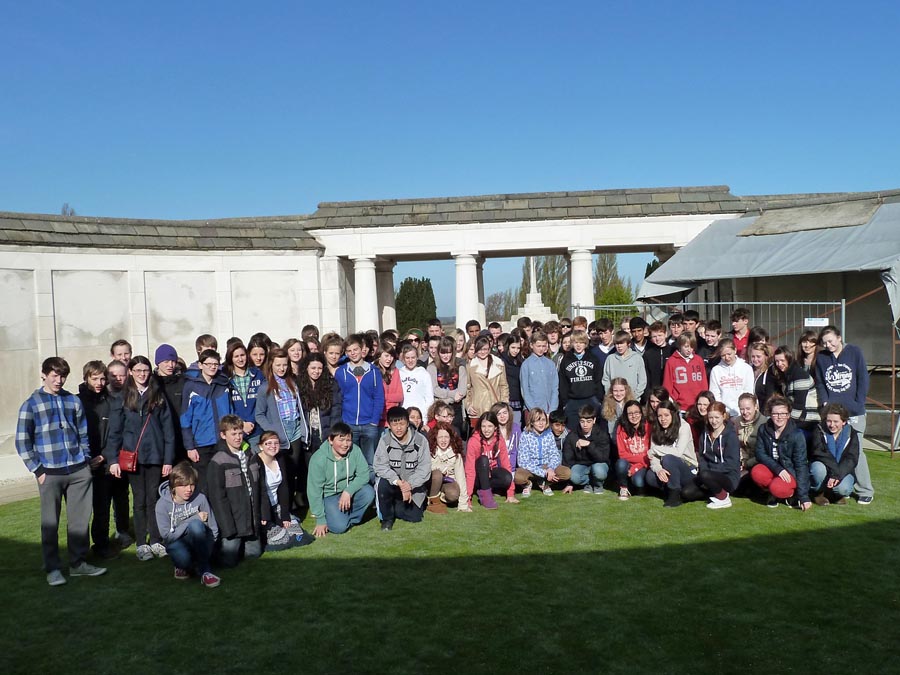
100 Year 9 students and 9 staff on two coaches, set off at midnight for the long journey to Folkestone where we got the Eurotunnel to Calais and then onto Ypres in Belgium.
Ypres had been a beautiful Medieval town and was utterly destroyed by fighting in the war as the British grimly held onto it despite being surrounded on three sides by German forces.
We had an extremely busy but memorable first day being shown around some of the key sites of Ypres by Murray McVey and Simon Barber, our two guides.
We began with the famous Menin Gate which during the war was at the very centre of the fighting, now an imposing memorial to the near 65,000 soldiers who have no known grave from the First World War. That evening, at 8pm, we attended the Last Post ceremony and two of our year 9 pupils, Olivia Bonsall and William Ngan, laid a wreath to the old boys of BRGS who died in the war. The occasion was made more special as it was ANZAC day and the Australian ambassador to Belgium was in attendance.
We also visited the hauntingly bleak German cemetery at Langemark, which includes a mass grave containing over 23,000 bodies of the German dead from the war.
Perhaps one of the highlights of the trip was a visit to Essex Farm which served as an Advanced Dressing Station for the wounded and where Major John McCrae served as the Brigade surgeon.
It was the horrors he witnessed here during the 1915 2nd Battle of Ypres that moved him to write the classic war poem ‘In Flanders Fields’.
Our second day began with our journey to France and the site of the notorious Battle of the Somme of 1916. The plan was to attack a 15 mile section of the front lines on 1st July 1916. Over 1.6 million shells pounded the German trenches for a week prior to the assault.
At 7.30am on July 1st, a whistle was blown and British forces climbed out of their trenches into ‘No Mans Land’ and headed towards the German lines. 20,000 were killed and 40,000 wounded on that first day as German machine guns mowed down the advancing troops. The slaughter and carnage went on until November – over 400,000 British casualties and 650,000 German. The battle epitomised the senselessness of the slaughter as by the end of it, the British had advanced just 5 miles.
The theme for the students was the events of 1st July and many of the sites reflected this – we visited the Accrington Pals’ Memorial, made from Accrington brick and a wreath was laid to the dead there – we also gave each of the students an identity from the time and got them to advance from what was the British front line and then read out the names of those who died – whereby those pupils with those names stopped and knelt down.
The tiny amount of pupils who reached the top emphasised the slaughter that took place on that morning.
We also visited Thiepval Wood and were guided round the newly excavated trenches and what has been found in them. The Thiepval memorial which is the Somme’s equivalent of the Menin Gate, will stay long in the memory with its imposing design and with the British and French cemeteries behind it.
One of the most remarkable sites visited was the Lochnagar Crater, one of a series of huge mines that was set off under the German trenches by the British on the morning of 1st July. Unfortunately, it was set off early and also in the wrong location but the gaping crater that still remains hints at the devastating explosion that caused it.
Our final morning of the trip was back at Ypres and our small service of Remembrance at Tyne Cot, the largest British military cemetery in the world.
Sophie Milton played the Last Post and a minute’s silence was observed as a wreath was laid by the name of Percy Horsefield of Booth, whose name is engraved there as one of the missing. He is an old boy of BRGS and his poem was also read by Jenny Parker, Lucy Clay and Saif Mahmood. It was a fitting way to end a most memorable and thought provoking trip.
That was not quite the end though – it was time for the chocolate shop – the frenzy and mayhem of dozens of children with Euros burning in their pockets and deals being screamed out by Hans (we see him every year) the shop owner - is a sight to behold and the coach’s hold groaned under the weight of bags (with named stickers on to avoid outright conflict over ownership) stuffed with delicious Belgian chocolate.
The students arrived home – tired but having had an enjoyable trip – on Friday evening. Their behaviour was absolutely exemplary and they were a real credit to the school, their parents and themselves. It was also lovely to see Mrs Hudson, Mrs Helm and Mrs Edwards – all of whom are recently retired – on the trip and thanks also go to the rest of the staff – Mr Williamson, Mrs Grehan, Mrs King and her husband, the Chair of the Governors, Mr King and Miss Appleton who helped to make the trip such a success.
Ypres Trip April 2012
Tags: News Archive 2011/2012

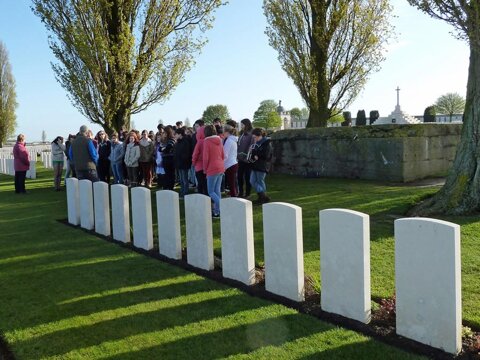

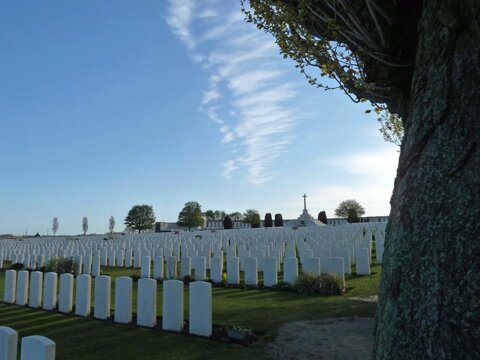


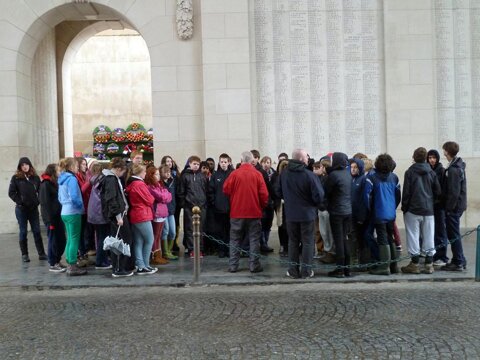

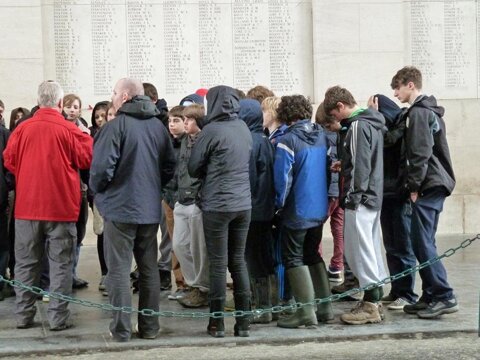

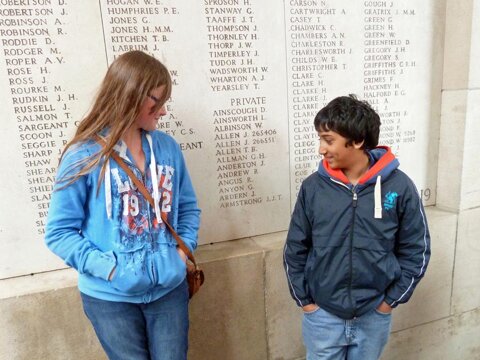
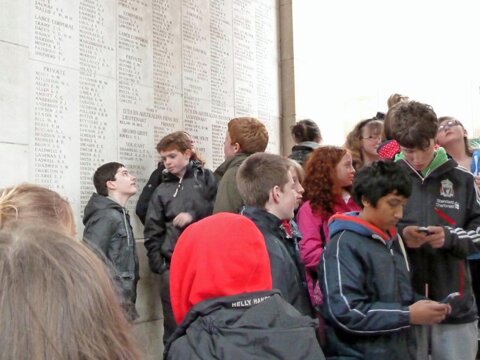
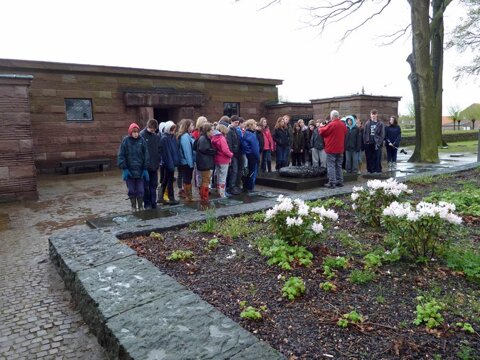
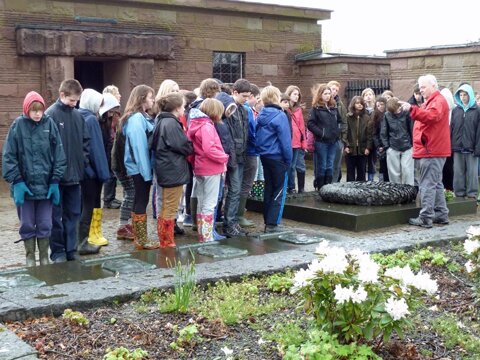
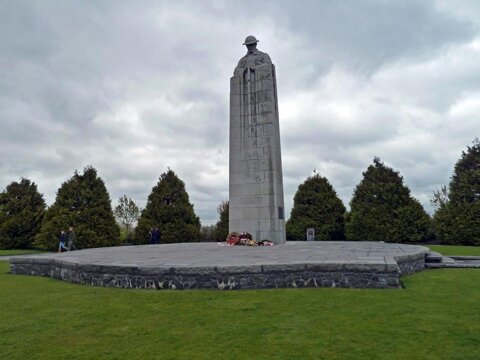
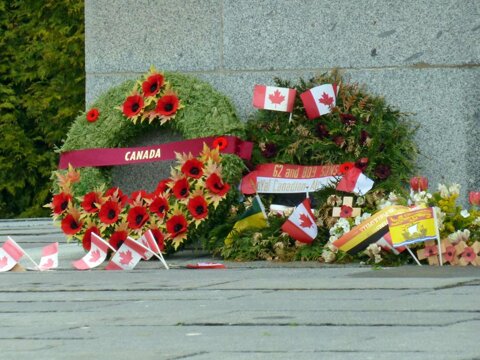




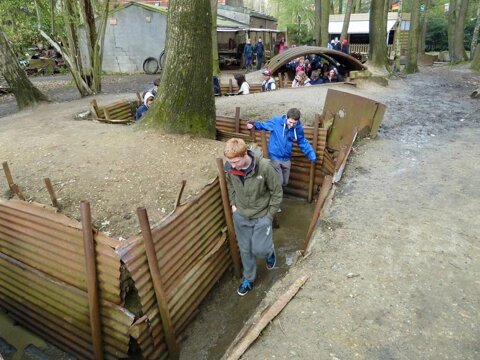

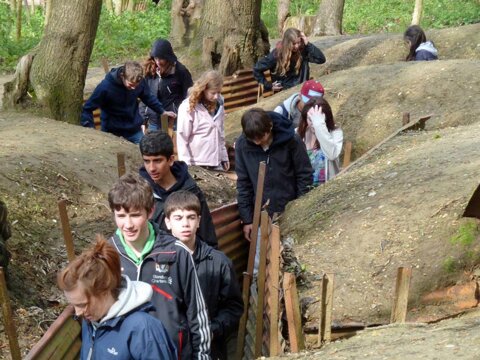


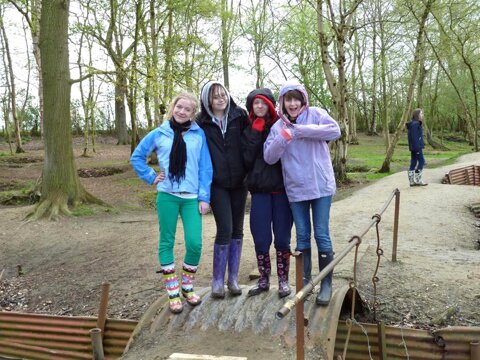


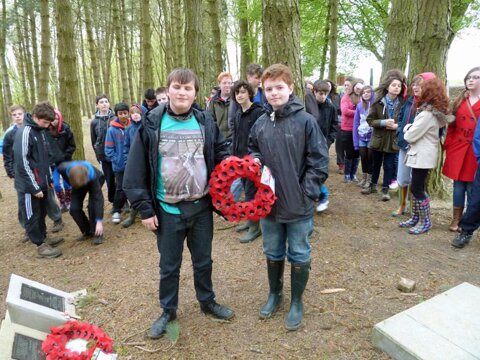
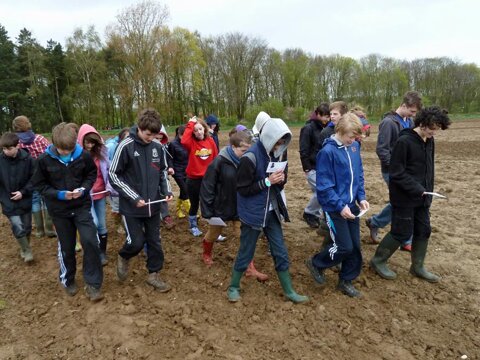
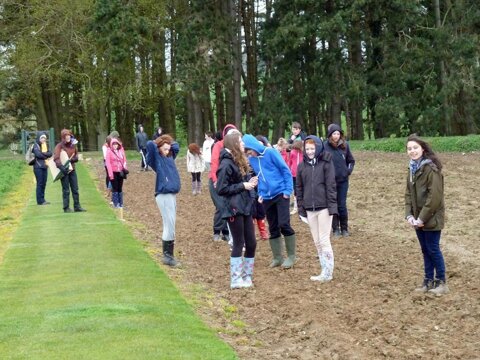

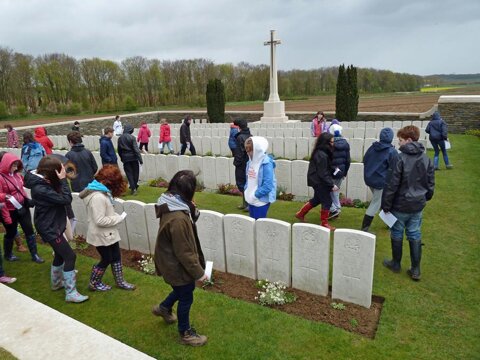
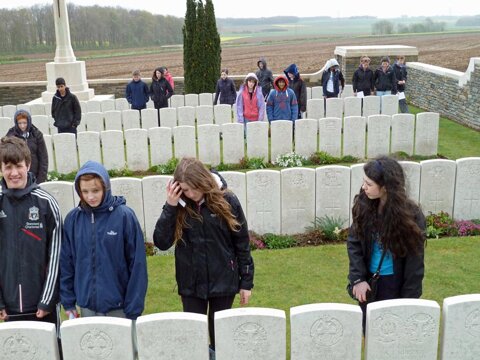
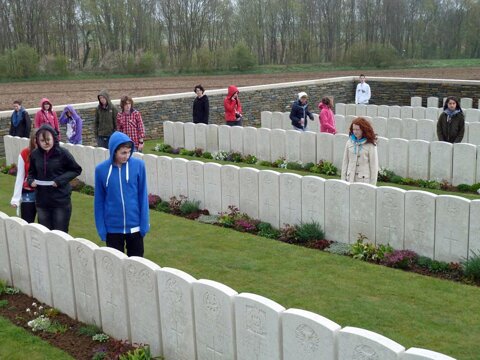


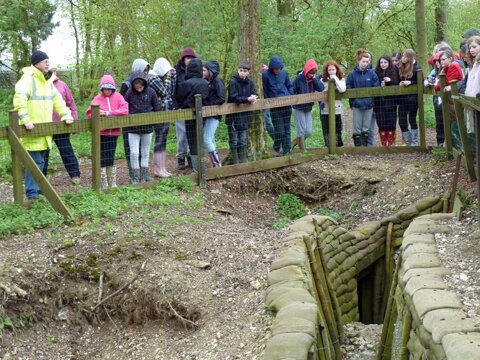
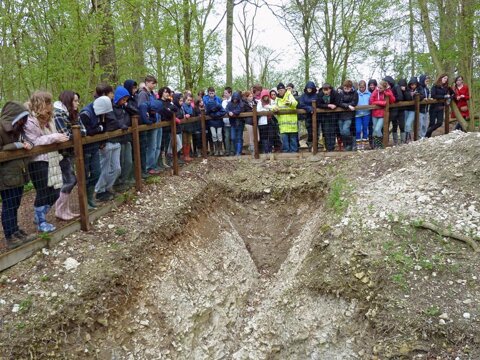
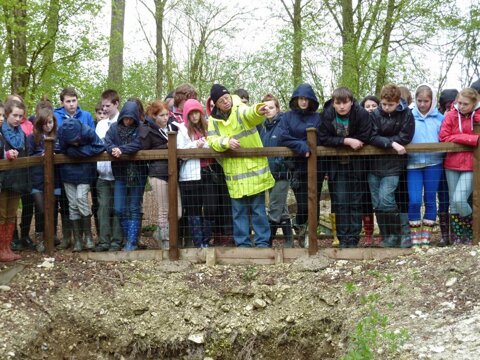
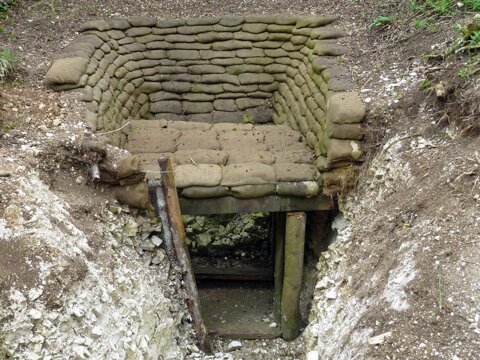


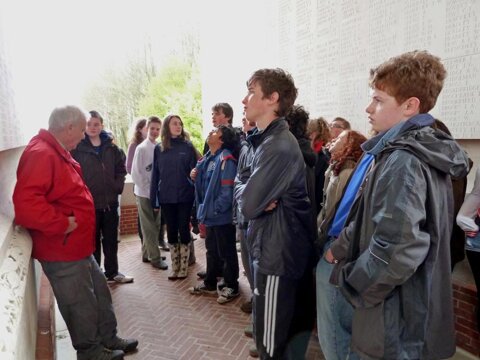

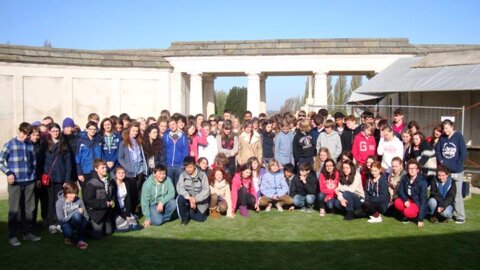


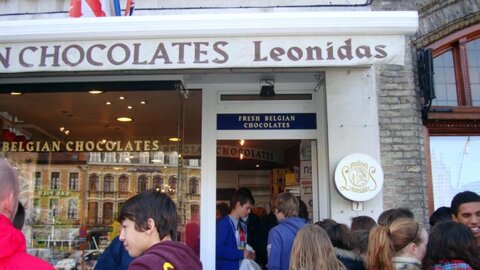
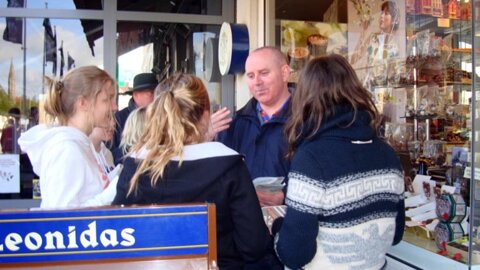



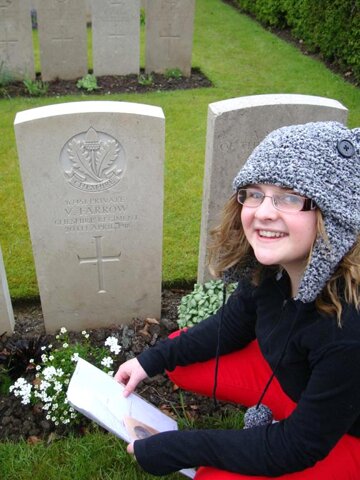
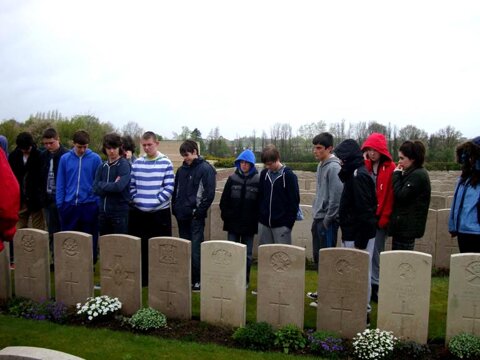


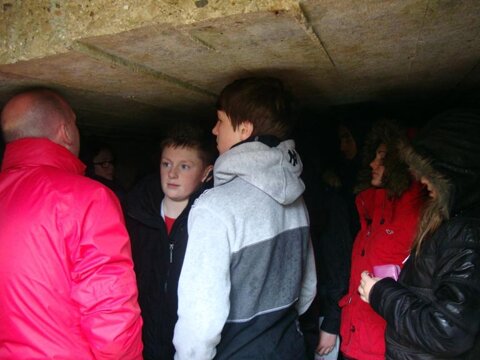
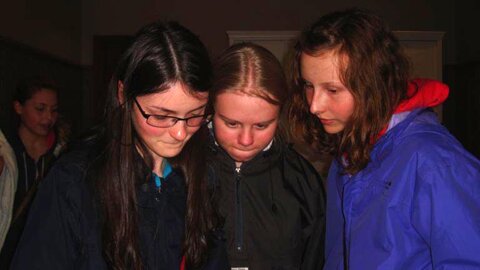
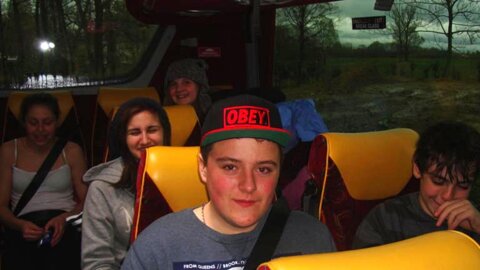
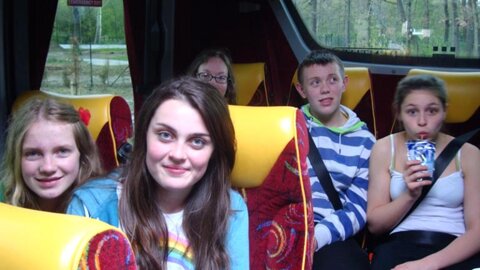

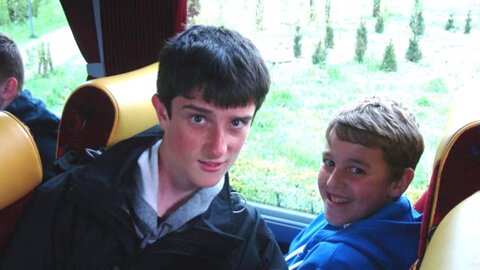
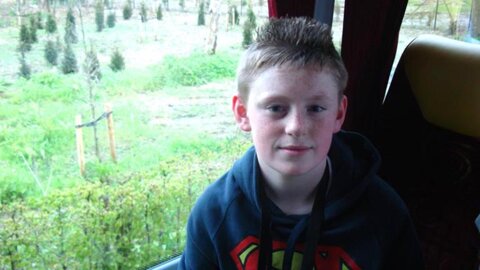
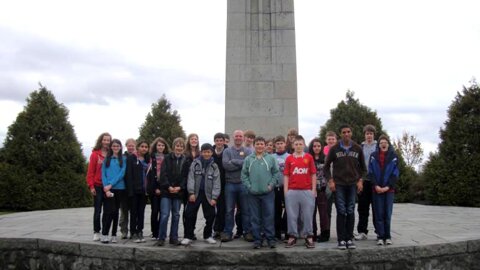
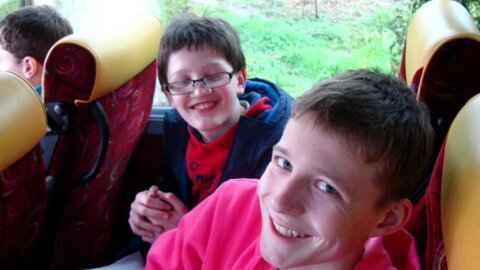
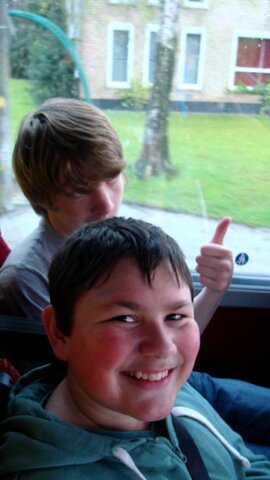



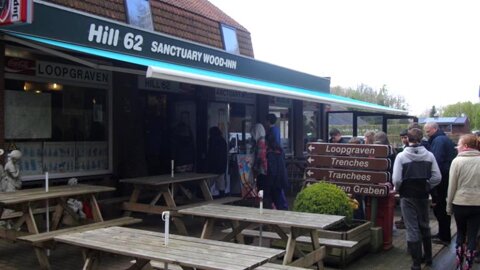



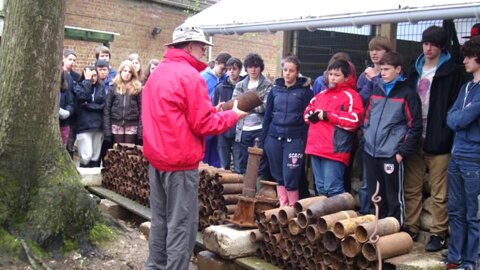

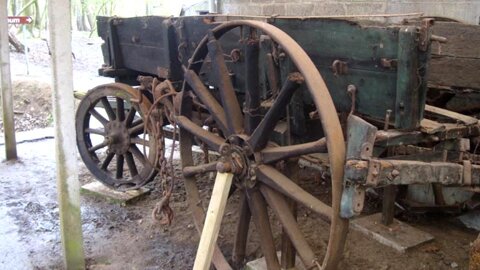
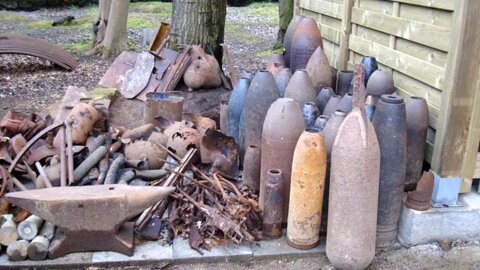


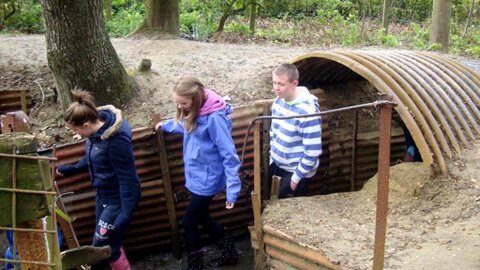

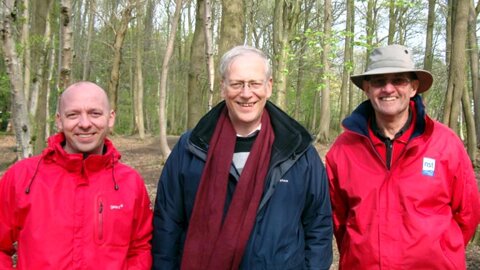
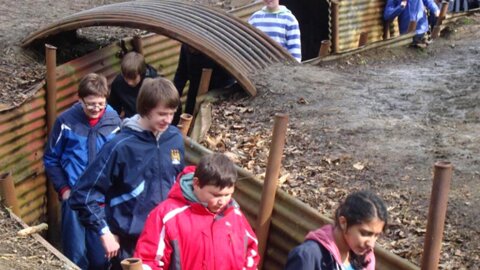


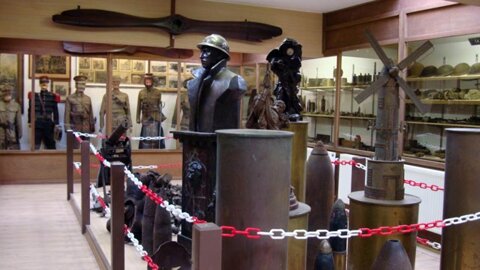
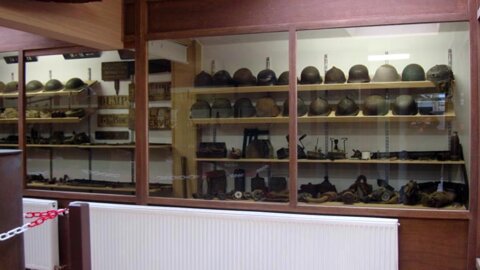
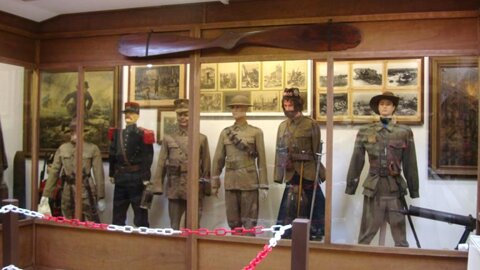

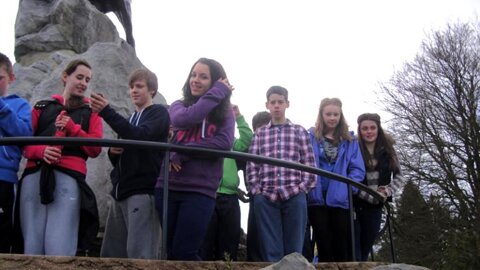
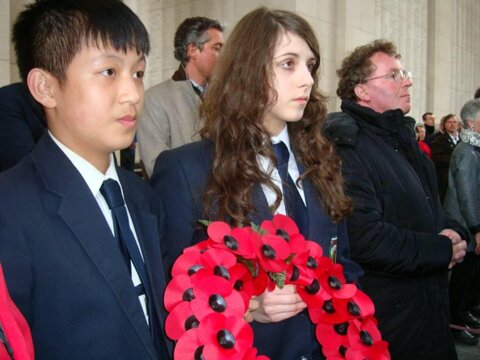
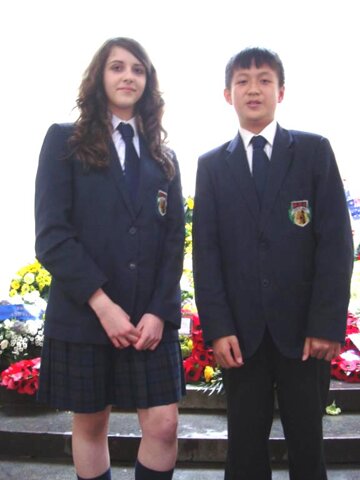





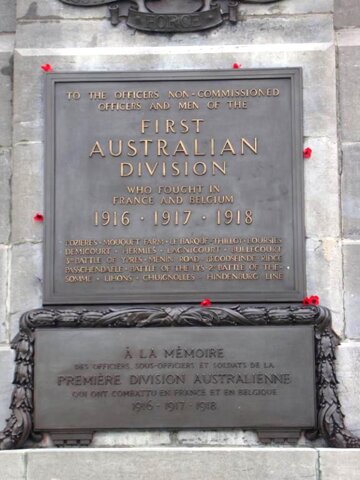
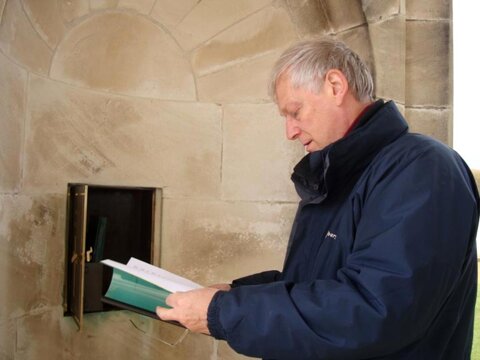
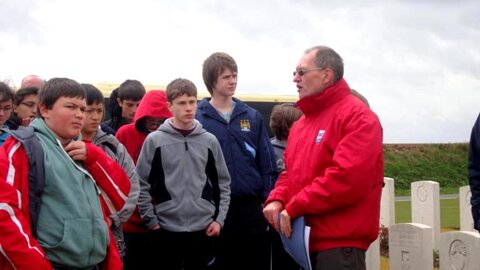
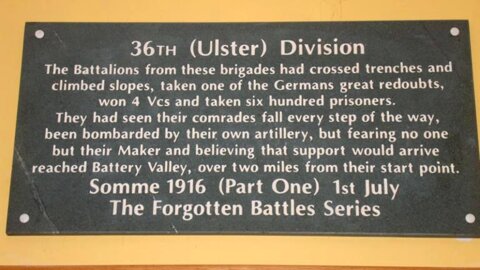
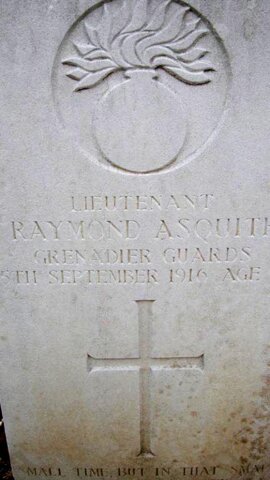

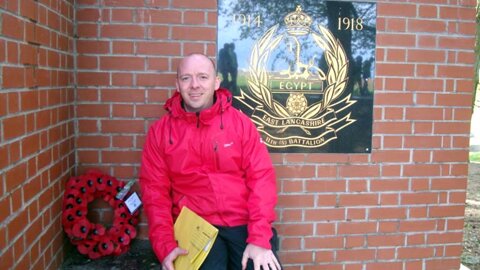

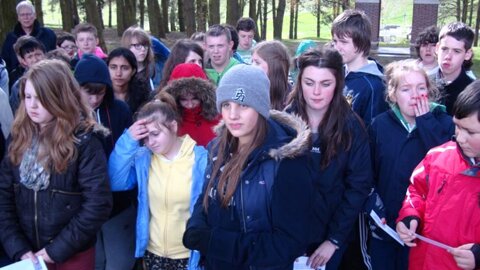


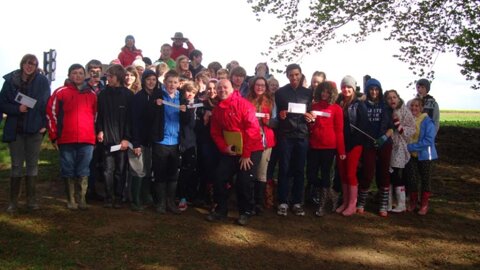
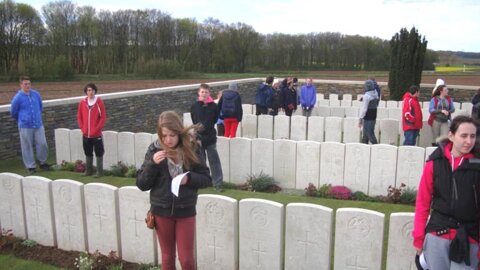
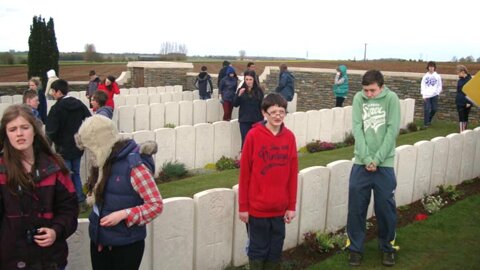


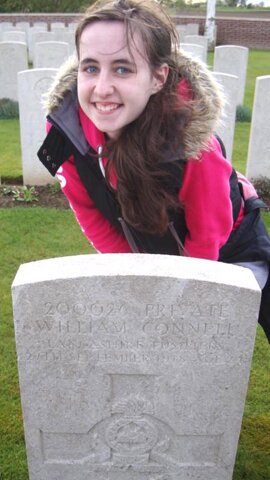

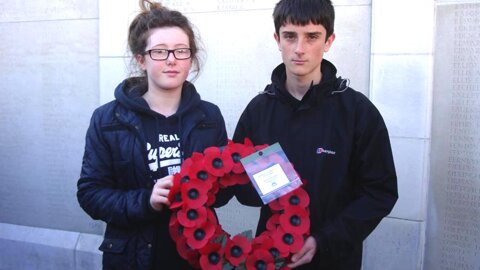


.png)